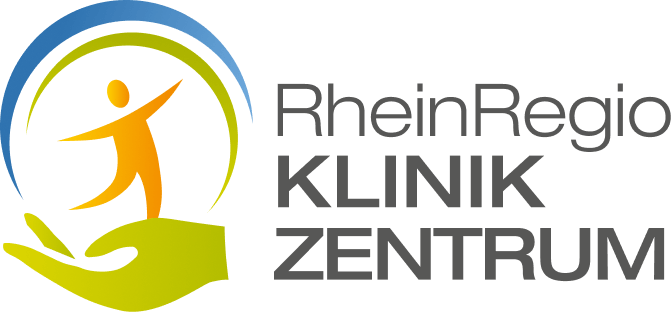Expertise, Advanced Therapy, Personalized Support, and Treatment Options

A suspected breast cancer diagnosis can cause significant anxiety for patients and their loved ones. Lumps, changes in breast shape, size, skin color, and pain require medical examination and clarification.
The first steps should include:
- Consultation with a family doctor or gynecologist
- Seeking a second opinion – The Breast Cancer Center offers comprehensive diagnostics and treatment recommendations.
Early diagnosis is crucial in the fight against breast cancer. Whether caused by chance, genetics, or risk factors, breast cancer is largely treatable if detected early and managed correctly, and treatment is possible at all stages.
The stage and characteristics of the tumor, along with the quality of treatment and the expertise of the medical team, significantly impact recovery chances and disease progression.
At our Breast Cancer Center, we use cutting-edge diagnostic methods, including mammography, high-resolution ultrasound, PET-CT, MRI, and biopsy. These technologies allow for rapid and precise diagnosis, forming the basis for an individualized treatment plan. The Breast Cancer Center is part of the Interdisciplinary Oncology Center at St. Mary’s Hospital in Düsseldorf. All cases are discussed in weekly oncology board meetings, ensuring the most precise and effective treatment approach.
Treatment Options at the Breast Cancer Center
The center offers a wide range of treatment options, from surgery to chemotherapy and radiation therapy. The goal is to develop the optimal treatment strategy for each individual patient.
Breast cancer treatment is based on three principles. The selection and sequence depend on the tumor stage, its spread within the breast, tumor biology, and the surgical method. Other factors to consider include the patient’s age and possible comorbidities, family history of breast cancer, breast anatomy (shape, size, symmetry), and the patient’s preferences.
1. Surgical Treatment with Possible Breast Reconstruction
If the tumor biology is favorable, surgical removal is the primary treatment method. Post-surgery, radiation therapy (especially in breast-conserving cases) and medication therapy may be required. For aggressive or widespread tumors, neoadjuvant therapy is performed before surgery.
The primary goal of surgery is to preserve the breast. If a mastectomy is necessary, immediate or delayed breast reconstruction is possible using the patient’s own tissue or implants.
2. Systemic Drug Therapy
Systemic therapy involves medications that target cancer cells throughout the body. The goal is to stop or eliminate cancer cells that may have spread beyond the primary tumor site.
Treatment selection depends on the tumor’s biological characteristics. Systemic therapy may include:
- Antihormonal therapy – for hormone-sensitive tumors
- Chemotherapy – for aggressive and fast-growing tumors
- Targeted therapy (including antibody therapy and immunotherapy) – aimed at specific molecular targets in cancer cells.
3. Radiation Therapy
Radiation therapy plays a vital role in local tumor control, destroying microscopic cancer cells that may remain after surgery and reducing the risk of recurrence.
Radiation therapy is recommended:
- After breast-conserving surgery
- Following mastectomy in cases of large tumors (T3/T4), lymph node involvement, or other risk factors.
The radiation treatment plan is individually tailored and coordinated with other therapies. Standard treatment lasts 5–7 weeks, but with hypofractionation, it can be reduced to 3–4 weeks. In some cases, an additional boost dose is applied to the former tumor area to enhance local control.
Comprehensive Support
The Breast Cancer Center at Marienhospital in Duesseldorf offers not only state-of-the-art treatment but also comprehensive patient support.
We understand that breast cancer is not just a physical challenge but also an emotional burden. That’s why we provide:
- Psychological counseling
- Support in coping with the disease
- Personalized guidance throughout the treatment process
Your personal coordinator will assist with medical questions, treatment organization, and emotional support. We are here for you throughout your treatment in Germany and beyond.
Your health is our top priority.
